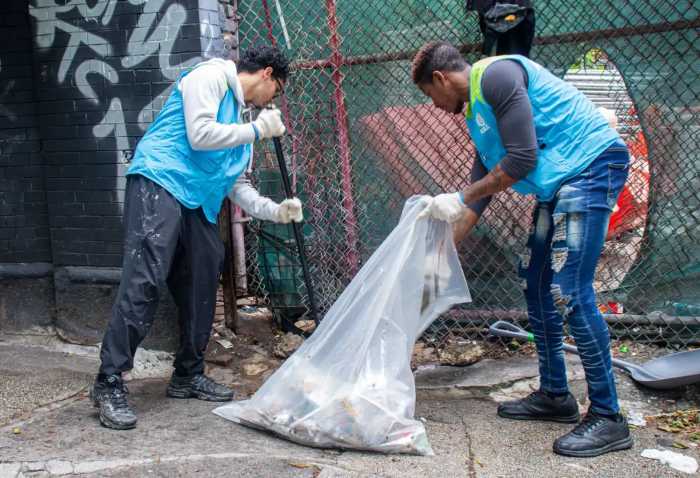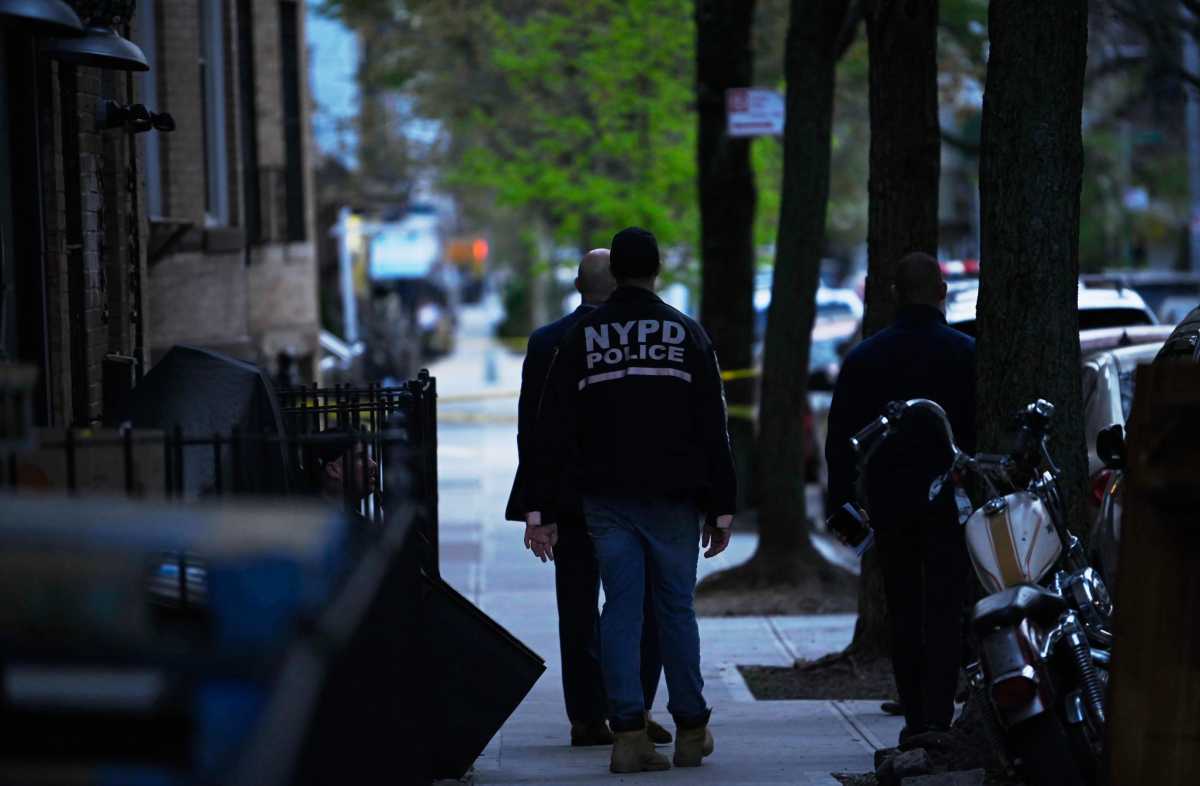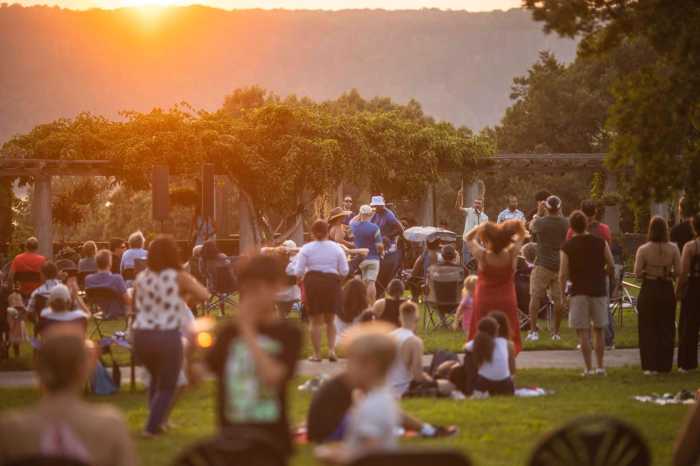Pelham Bay Park’s Turtle Cove area will have a new look for the spring.
The inlet from Eastchester Bay known as Turtle Cove has been getting a lot of attention from the Parks Department as part of the ongoing Pelham Bay Park restoration.
The major difference for visitors who haven’t been there since last summer is a footbridge that is part of the Siwanoy hiking trail. For native plants and animals, the change is a matter of life or death.
“The biggest difference will be that it’s really an improved habitat,” said Pelham Bay Park commissioner Marianne Anderson said.
The Turtle Cove restoration project began in 2009 with the goal of flushing out invasive, non-native species, promoting salt water flow from the bay and improving the overall quality of the cove’s ecosystem.
Over the winter, the State’s Department of Environmental Conservation worked to remove non-native trees and vines, which gives the cove a more open appearance from afar, even if visitors may not want to trudge through the marsh.
“It wasn’t as vibrant a salt marsh before,” Anderson said. “Now, there’s more marsh there.”
Last fall, volunteers from the MillionTreesNYC initiative planted 2,400 trees and 600 shrubs. Friends of Pelham Bay Park have been planting salt marsh grass in the north end of the cove this spring.
City Island Road. City Island Civic Association president Barbara Dolensek said members of the community have been noticing the difference, especially the Siwanoy Trail bridge.
Dolensek said City Islanders were alarmed by the disappearance of so many large trees whe the DEC cleared away the non-native species.
“People have been very concerned about it and about trees being taken down which seem to be perfectly healthy,” she said. “But what they’re trying to do for Turtle Cove, I think is way overdue. Once it’s completed and the grass is grown in and the trees are bigger and the birds have started nesting, I think everybody will be happy again.”
The DEC’s funding for the Turtle Cove project is expected to run out this spring, although other organizations like Friends of Pelham Bay and MillionTrees are expected to continue installing more native plant life.
The biggest challenge facing the area will be keeping all non-native species, such as porcelainberry and oriental bittersweet vines out. However, the more native species planted, the better Turtle Cove will look to anyone walking or driving by.


















